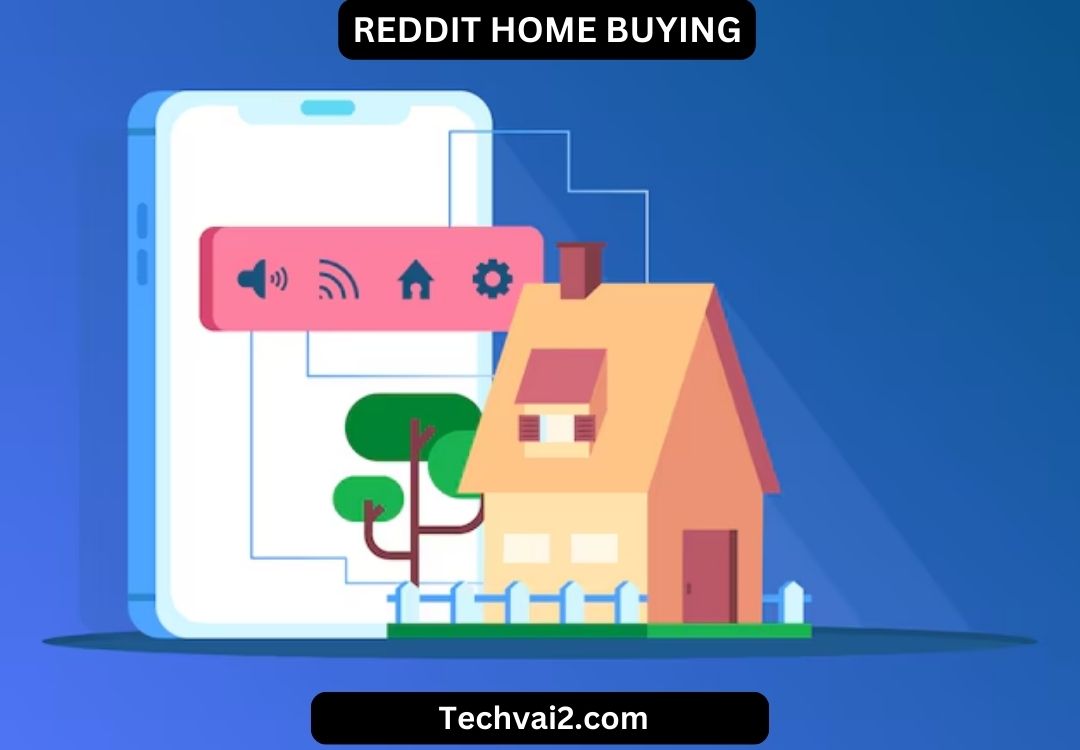Buying your first home

Buying your first home can be a nerve-racking moment for almost everyone. Such a choice contains and plans lots of emotions and entails filling numerous agreements. Whether you have fantasized about being a homeowner for decades or just had your first thoughts about it, it is important to follow through with how the whole process takes place. This guide will take you through every process that you will have to follow when purchasing your first home, enabling you to make this important decision without any fear being Buying your first home.
The Importance of a Home as an Asset
Buying your first home is a revolutionary achievement and the most costly decision. It is more than just deciding on which house to live in but also regards the purchase as an investment. When you are on a leased property, it is possible to relocate after a certain period but when you buy a house, you may have to stay in one place within the vicinity of the real estate plus the mortgage for a period of 15 to 30 years. Homeownership also bears lots of attachment, the property becomes yours, the money is yours and your goal is to accumulate wealth over time to Buying your first home.
Renting vs. Buying: Weighing the Pros and Cons
It is necessary to evaluate whether owning a home is worth it before delving into the homebuying process itself. The short answer is that renting is beneficial because it does not force you into a long-term contract and provides you with the option to leave without the obligation of managing property and payment of property taxes. When paying rent, you’re simply repaying someone else’s mortgage. In owning a house, you can always increase its equity if there is an appreciation of the property or even benefit from its appreciating value, but one has to deal with responsibilities such as upkeep, repairs, and taxes.
If you’re considering staying in that same place for at least five years and have a stable income, you may find purchasing the best option to Buying your first home.
Determining Your Financial Preparedness
One of the first steps that come into purchasing any residence is making up your mind about your economic standing. There are several things you will have to think about such as:
Your Income: Do you have sufficient income that will allow you to sustain the monthly mortgage repayments?
Savings: Are your savings enough for the down payment and the closing costs that come with the purchase?
Debt: How will your current debts such as school loans allow you to qualify for a new mortgage?
Different lenders will usually advise that no more than 28 percent of an individual’s monthly gross income should be utilized on housing expenses to Buying your first home.
Your Credit Score Step Before Purchasing Finishing Your Mortgage
If you have a good credit score, your chances of accessing a good mortgage will be increased. The lenders use the credit score to evaluate the bill’s having repaid a certain amount of financing, according to the loan issuer’s policies. With a score below 620, chances are that you will find it hard to get a regular mortgage and in case you get one, there is a logically high probability of unfavorable terms. To increase the credit score, one should:
- Making payments on time
- Pay off credit card debt.
- Limit applications for new credit for at least six months before obtaining a mortgage.
- Setting Aside For A Down Payment
The down payment acts as the single largest sacrifice for many first-time home buyers. There is a common misunderstanding of saving 20% of the house price or 80% of the purchase price. A common example is an FHA loan program where all that is required as a deposit is a measly 3.5%. Though lowering the initial investment often means higher ongoing mortgage payments that include PMI, any increase can reduce these to go Buying your first home.
Examining Mortgage Options
There are several kinds of mortgage options and benefits associated with each:
Fixed Rate Mortgages: Under such conditions, payments are boring since from the letter onset and still participating interest, the single figures interest rate does not change to the last day of the loan term.
Adjustable-Rate Mortgages (ARMs): These kinds of mortgages typically have a lower rate amount starting but these rates can change after a specific interval.
Government-Backed Loans: The FHA, VA, and USDA loans are meant to assist low-income individuals or first-time home buyers, with little or no down payment at all.
Getting Pre-Approved for a Mortgage
Before going out to look for homes, the first step is to get pre-approved for a mortgage if you wish to increase your chances of getting a home. A pre-approval allows you to know how much you can spend and improves the strength of your offer once you get the perfect house. In pre-approval, the lender analyses the applicant’s income, credit rating, and debt status, which is beneficial in making the prospective buyer more appealing to the seller.
Choosing the Right Real Estate Agent
When buying a home for the first time, the agent who assists you in making the purchase can turn out to be the most helpful. They will take you through the hiccups that come with the market, handle the negotiations with the sellers, and help with the documentation. When selecting an agent, it is important to seek one who understands the area and has successfully represented first-time buyers.
Finding the Perfect Neighborhood
Just like the house of your dreams, what is equally essential is the location. Think about the following aspects when exploring various neighborhoods:
- Distance from workplace or schools
- Accessibility to parks, shops, restaurants, and other attractions
- Average and possible changes in prices of properties
- Starting the Home Search
Time to start the hunt for a house now that you have sorted out your budget and got a real estate agent on your side. Start with searching on the internet for real estate for sale ads, going to open houses, and personally checking the locations and neighborhoods. Look out for such details as the lot area, house conditions, and any repair work that you may have to do.
Making an Offer on a Home
Finding the house for you is only the first step after which you want to submit an offer. Your agent will assist you in establishing a reasonable offer price after evaluating other properties in the region that are similar to the one you are interested in purchasing, also referred to as ‘comps.’ The selling price is not necessarily final. There is always something that can be worked out, especially if a house has been on the market for some time.
Inspection and Appraisal
Following the acceptance of your offer, it is time to schedule a home inspection and appraisal. The inspection helps uncover other problems that may prove disastrous in the long run such as lack of plumbing or structural defects. An appraisal is a completely different process that tells the owner the worth of a certain property so that one does not overpay for it.
Let Us Close the Deal
The final stage provides you with your mortgage and you complete a few documents only. Costs associated with closing will also fall on you and maybe around 2% to 5% of the price of the house being sold. As soon as all papers have been signed, and all funds delivered, congrats… you are the proud owner of a new house, and the new you have been issued the keys.
Accepting the situation of being a homeowner
Apart from the maintenance and repairs of the house, there comes the tricky aspect, taxes and insurance on the property. Every item above is important and should be planned to avoid shocks. However, with these responsibilities comes the great feeling of design and decorating that special place to call home.
Conclusion: One Last Thing: The Excitement and Commitment Brought About By Getting Buying Your First Home
The first house one buys is tinged with a lot of excitement and at the same time it is quite a strenuous task. It is full of memorable events and learning lessons that one can’t help but be grateful for. It might look overwhelming but after all there’s going to be a new home there’s if the effort is put in, it’s worthwhile as it is a home for people’s investments and a center for memories.
FAQs About Buying Your First Home
What credit score do I need to buy a home? For the majority of lending institutions, they have to access a credit score of at least 620, other than that government-backed loans are willing to go lower than that.
How much should I plan for in terms of a down payment? In a perfect world, home buyers should save a down payment amount of 20% of the value of the home being purchased, but other types of loans permit lower down payments starting from 3%.
What are closing costs and how much should I expect?
In most cases, the closing costs are from 2% to 5% of the sale price and most normal closing costs are for appraisal and title insurance, etc.
How long does the home-buying process take?
Ideally, it can take up to a month or not more than two months if it’s not complicated from pre-approval to closing the deal.
Can I buy a home without a real estate agent?
Theoretically yes, but so many errors will be made in everything, there are risks to making everything run smoothly, and an agent is of great help.
In response to your request: Let me know what else has to be written.
In what follows: I had the impression that I had completed everything as planned, including the covering conclusion and FAQs. If you’d like, I can elaborate on a particular issue, supplement the article in general with more examples or tips, or answer your other questions that relate to purchasing your first home. How can I help you move forward, so I can assist you?






